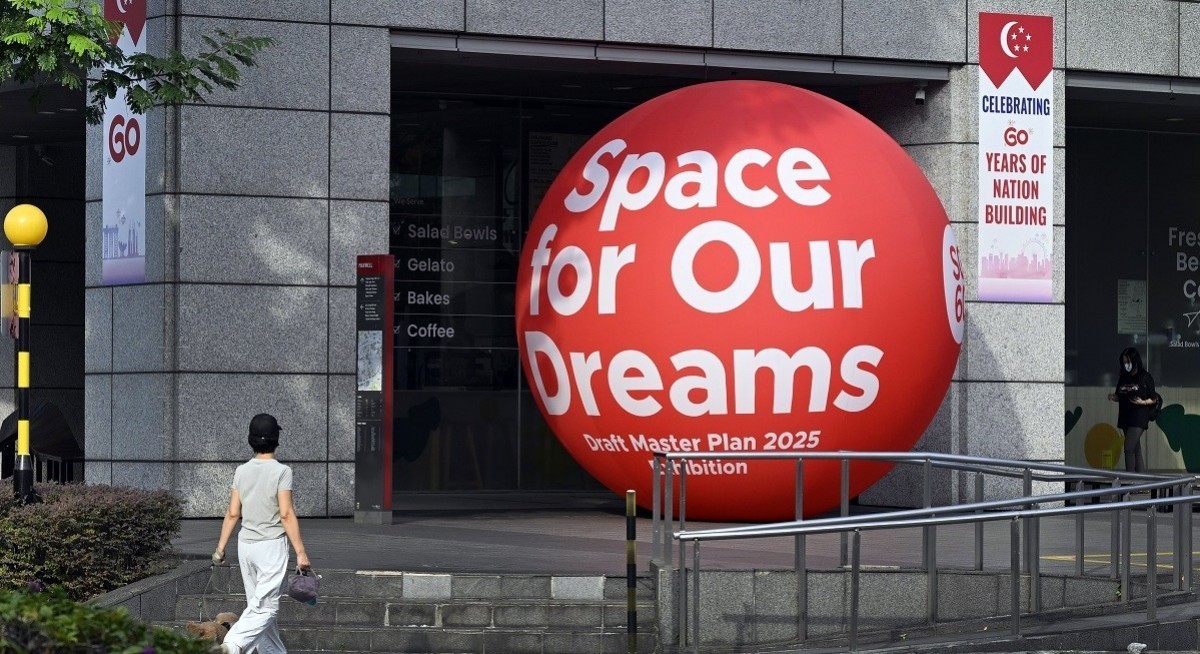“This next chapter opens in a more troubled and turbulent world,” Wong said.
In his first major address since May’s election, which extended the six-decade rule of the People’s Action Party, Wong underscored plans to fortify the trade-reliant economy and strengthen social safety nets, as well as redevelop portions of the island and build new housing.
Wong, 52, campaigned on the need to preserve stability amid slowing global growth and rising protectionism, arguing that the PAP was best placed to shield Singaporeans from economic shocks, including the impact of US tariff policies.
“Ultimately, our economic strategy is about jobs, jobs and jobs – that’s our number one priority,” he said. “We will do more to help Singaporeans seize new job opportunities.”
See also: Singapore’s car tax revenue now so high, exceeds Fiji’s GDP
Under Wong, the PAP had expanded social welfare policies, introducing the country’s first unemployment benefits and channeling billions of dollars into subsidies for food, utilities and education. Of the country’s roughly 6 million inhabitants, about 3.6 million are citizens.
Singapore will “equip and empower every enterprise” to harness AI effectively, especially small and medium-sized enterprises, Wong said, adding that the island nation would launch a new job-matching initiative and a government-funded traineeship program for university graduates.
Looking further ahead, Wong said the government will review its economic strategies “because the external shifts we see today are not temporary.” That will include how the country stays competitive, accesses green energy and helps its firms break into new overseas markets.
See also: Singapore plans regulation for blind boxes over gambling risks
“We need a new economic blueprint, to secure Singapore’s future in a very different world,” Wong said.
Last week, Singapore raised its growth forecast for this year after a better-than-expected performance in the first half, mainly on the back of front-loading ahead of US tariffs and easing trade worries. The government sees the economy expanding 1.5%-2.5% year-on-year, higher than an earlier 0%-2% outlook.




